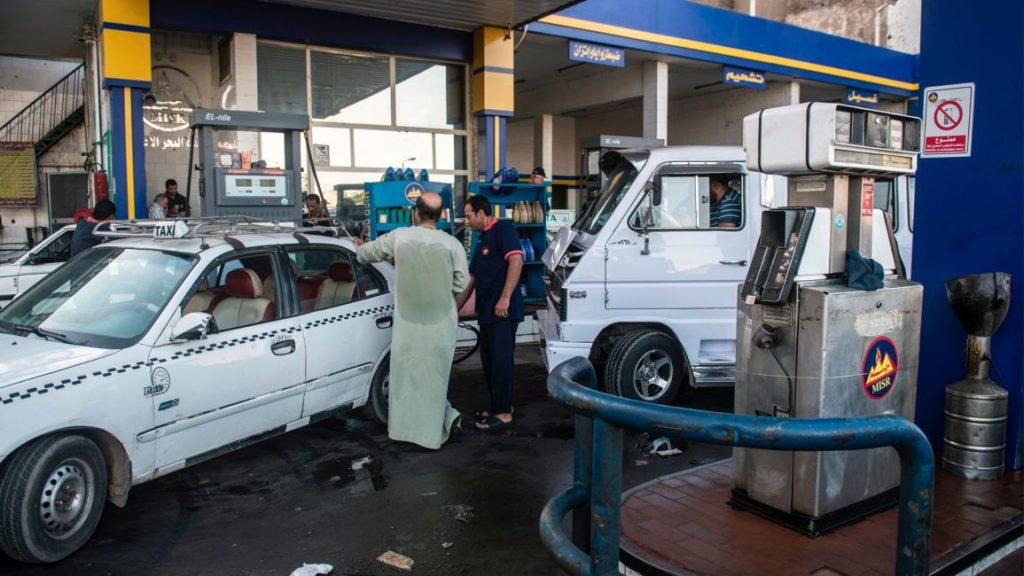Watan-The International Monetary Fund (IMF) has begun the fifth review of its Extended Fund Facility (EFF) agreement with Egypt, a critical phase in the $8 billion financing plan initiated in December 2022, which has since expanded to include additional funding.
This round comes just two months after the approval of the fourth tranche of $1.2 billion, bringing the total Egypt has received so far to $3.3 billion. With expectations of disbursing the fifth tranche, the total would reach $4.5 billion by the end of 2025. Meanwhile, Egypt faces significant repayment obligations, including $5 billion owed to the IMF in 2024, with $725 million due in May and $962.5 million in June alone.
While Egypt received the first disbursement ($347 million) immediately after signing the deal without any prior review, the IMF has conducted five official visits so far. The irregular timing of visits, approvals, and disbursements reflects the technical and political complexity of the program’s implementation.
 IMF Adopts Tougher Stance as Egypt Faces Mounting Debt and Delayed Reforms
IMF Adopts Tougher Stance as Egypt Faces Mounting Debt and Delayed Reforms
IMF Adopts Tougher Stance as Egypt Faces Mounting Debt and Delayed Reforms
Unlike previous reviews that showed some leniency, the current review carries a sharper tone. Jihad Azour, the IMF’s Director for the Middle East and Central Asia, warned of Egypt’s persistently high public debt, urging the government to reduce its volume and cost.
He also cautioned against lowering interest rates amid a cloudy global economic outlook, warning of a potential resurgence in inflation. This stricter stance contrasts with earlier IMF reports that attributed Egypt’s slow structural reforms and privatization delays to external challenges — raising questions about the fund’s shifting assessment of Egypt’s reform trajectory.
Economic expert Wael El-Nahas commented that the IMF’s tough approach is expected at this stage:“We’re approaching the end of the program in 2026. The IMF wants Cairo to fulfill its delayed commitments.”
He explained that Egypt has only repaid $10 billion out of $28 billion pledged, with $8 billion still outstanding.
“The IMF’s message is clear — no more delays. The government must deliver on its promises if it wants more funding.”
 Egyptian Economists Warn of Rising Public Debt and Neglect of Vital Sectors
Egyptian Economists Warn of Rising Public Debt and Neglect of Vital Sectors
Tough Talks Ahead: IMF Review Targets Fuel Prices, Currency, and Asset Sales
Meanwhile, political economy professor Abdelnabi Abdel Muttalib warned that this fifth round will be as difficult as the fourth, which took nearly two years to conclude before funds were released in March 2025.
He predicted that the government might resort to raising fuel prices, a slight devaluation of the pound, and signing new investment deals, such as the Ras Gamila project.
The current IMF mission, which will remain in Cairo until May 16, is expected to focus on sensitive issues, particularly the sale of public assets. Earlier this year, the government announced plans to offer shares in 10 companies, including five military-owned firms, but no execution has taken place so far.
